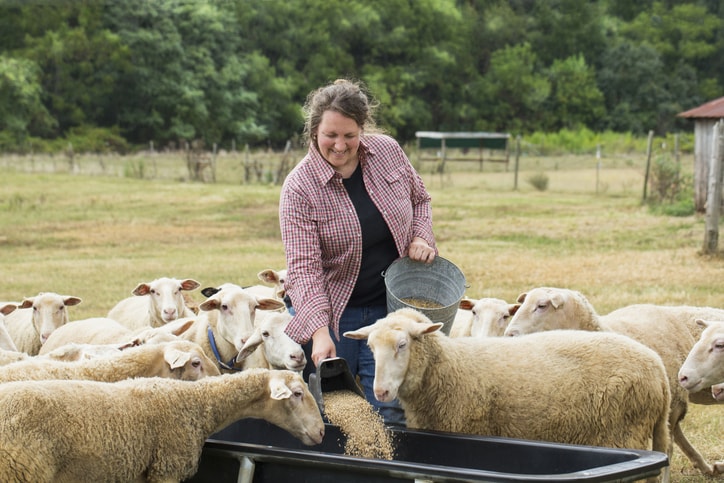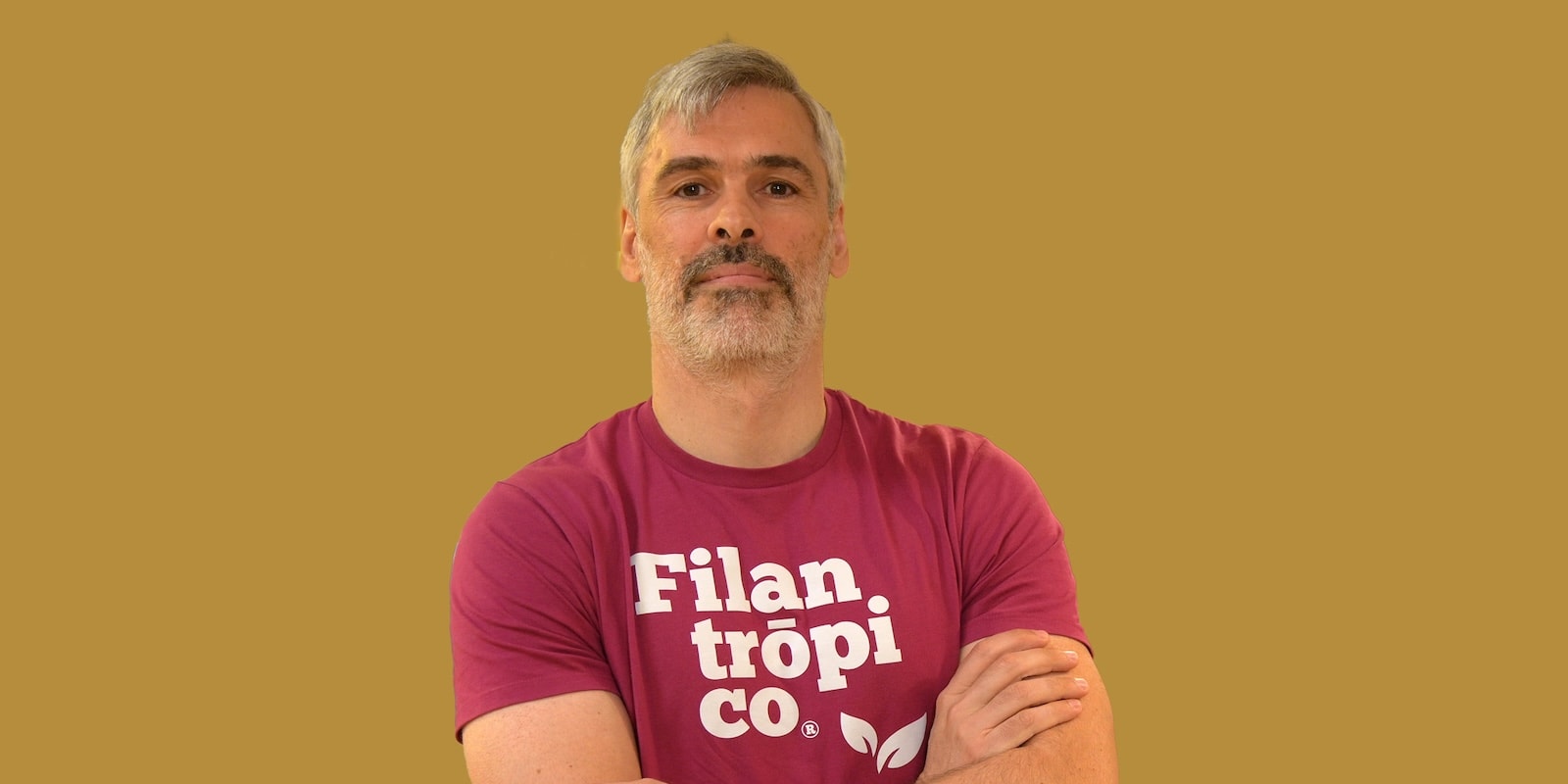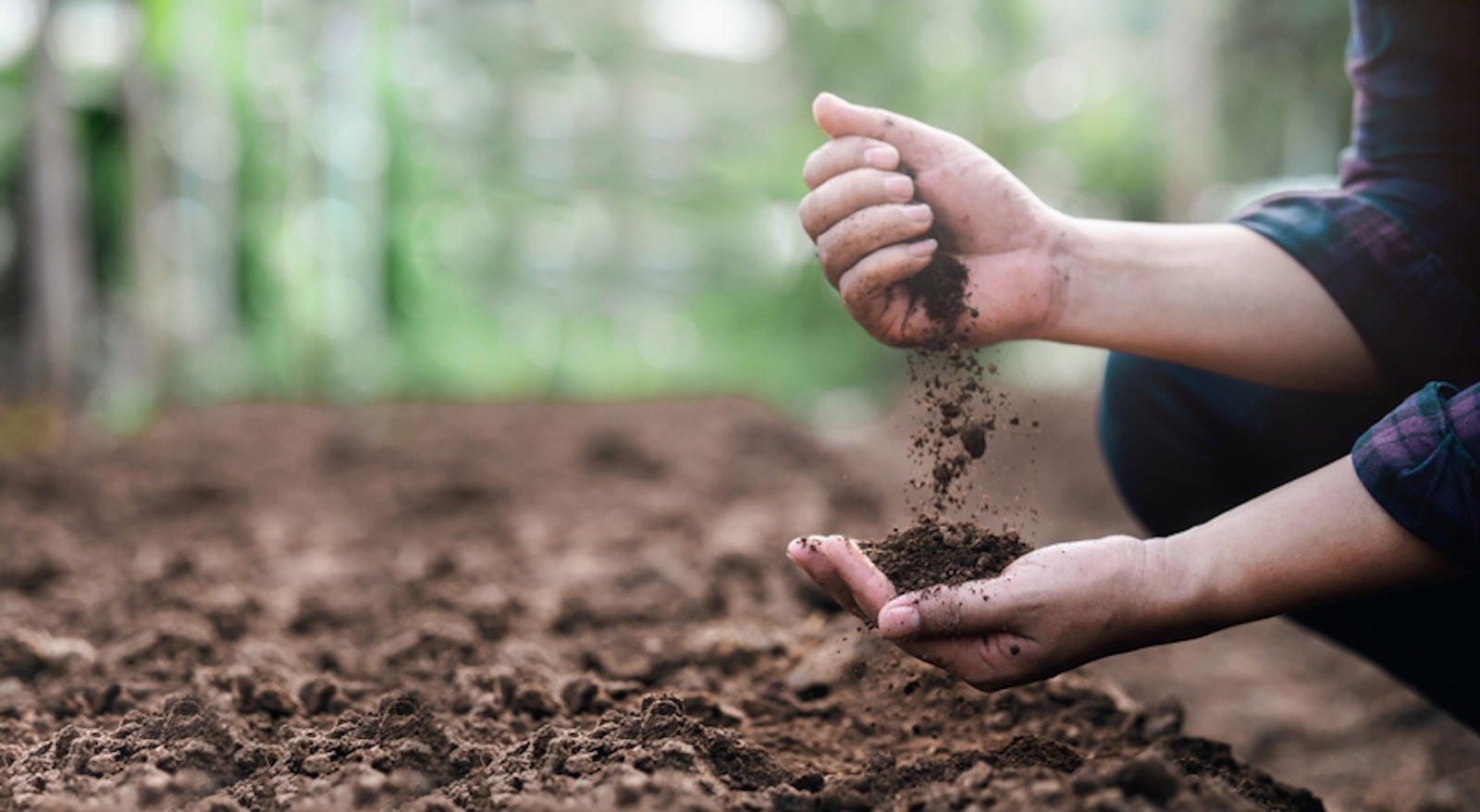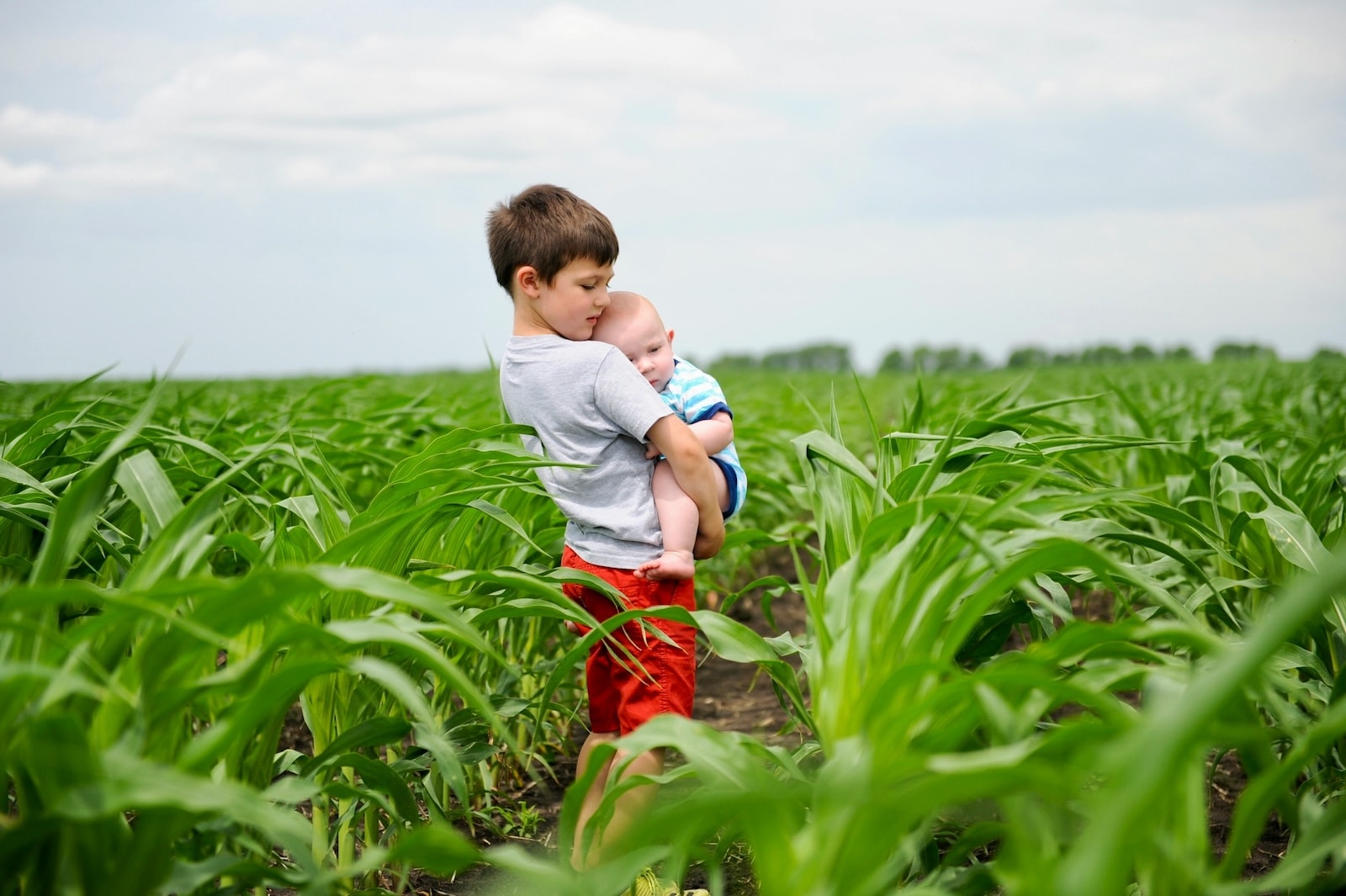Tuesday, March 26, 2024
Spanish livestock farms are welcoming visitors, enabling them to be a shepherd for a day and gain insight into the ins and outs of this profession.
Source: Colpisa
The spark of inspiration came from a documentary that highlighted how disconnected children were from rural life and how little they knew about the origins of their food. It portrayed stories of children who believed that chickens came from white polystyrene trays on supermarket shelves, the kind that spark discussions on social media. On the other side of the screen were Visi Bonet and Teresa Villarroya, who were not just surprised viewers, but owners of a farm that had been in the Villarroya family for generations. This prompted them to bridge the gap between urban and rural lifestyles by offering anyone the chance to experience a day as a shepherd on their farm.
They operate from Maestrazgo, in Teruel, which Bonet notes is the most depopulated area of Europe. At Casa Rural Chulilla in Villarroya de los Pinares, they already had a rural apartment. “When people visited, we would ask if they wanted to see the animals,” she explains. Now, they offer a much richer experience. It’s like a rural safari, where visitors can get up close with cows or horses, she remarks. It’s a uniquely immersive take on rural tourism.
A few kilometers further north, the same experience is available in Abadiño, Bizkaia, where Alluitz Natura operates. “I’m not a lifelong shepherd,” admits Patxi Solana, the manager, over the phone. He stumbled into this after purchasing a farmhouse, acquiring Latxa sheep, and considering their potential. They took shepherding courses (which turned Solana into a shepherd), learned cheese-making, and eventually opened their doors to those eager to learn about working with these animals. “To educate people,” Solana summarizes the goals of their program, offering the opportunity to spend a day shepherding with him. This bridges the gap between the countryside, its animals, and those unaccustomed to spending time with them.
Here lies one of the key components driving such initiatives. What interests those spearheading these “shepherd for a day” experiences isn’t curiosity, rather the potential dissemination of knowledge. It is a way for people to gain a better understanding of fieldwork, agriculture, and livestock management, deeply intertwined with their local environment. Behind these initiatives are farms deeply rooted in the land. As Bonet reflects on his farm in Teruel, “we practice extensive farming.” They meticulously tend to the forests and the surrounding natural habitat, with their own livestock playing a crucial role, grazing at different altitudes and ensuring the land remains pristine.
It will also contribute to a better understanding of the work done by those in agriculture. As Bonet points out, it may help shift “perceptions of farmers” and highlight the genuine care they have for their animals. These aren't large-scale factory farms; rather, they provide insight into the rhythms and challenges of rural life. “We depend on the weather here,” explains the farmer. “I believe it fosters a deeper appreciation for farm work and dispels romanticized notions of country life,” Solana adds when asked about the issue. It offers a more authentic glimpse into rural realities.
Who sets out on the adventure of being a shepherd for a day? At the farm in Teruel, many couples with children visit, making it a family activity, but young adults and students too. “It's quite dynamic,” assures Bonet. All that’s needed is comfortable clothing and suitable footwear for walking to explore the countryside while following the farm animals. “It caters to all types of visitors,” remarks Solana from the Basque countryside. During the week, they host school visits, and on weekends, families and groups.
As both experts highlight, the experience varies depending on the audience, as this is one of the many things the countryside allows. For example, Patxi Solana can discuss artificial insemination with adults and milking with younger participants. The four-hour activity involves engaging with animals and covers a wide range of topics. Eventually, conversations even touch on climate change and the challenges arising from the climate crisis. This allows for discussions about what “good weather” truly entails. “If we're going to the beach in November, we have a problem,” Solana succinctly points out. “In the countryside, you see these changes directly,” he emphasizes. They’ve observed the increase in forage prices, and they’re not the only ones. In Teruel, there are concerns about drought.
For some visitors, the experience triggers memories of their own family history. “As soon as they arrive, many tell me it reminds them of their grandparents,” notes Bonet. “Our farmhouse dates back to 1889.” He humorously remarks that they may be rooted in the past, but they’re quite content. The electricity comes from solar panels, and water is sourced from the nearby river.
Can initiatives like these help to anchor population in rural areas or challenge some prevailing stereotypes about Spain? “They can do both,” responds Bonet. “Our fundamental problem lies in infrastructure,” he emphasizes. He advocates for public investment to enhance infrastructure, such as ensuring reliable internet access, as means to prevent “rural isolation”.
¿Te ha parecido interesante?





